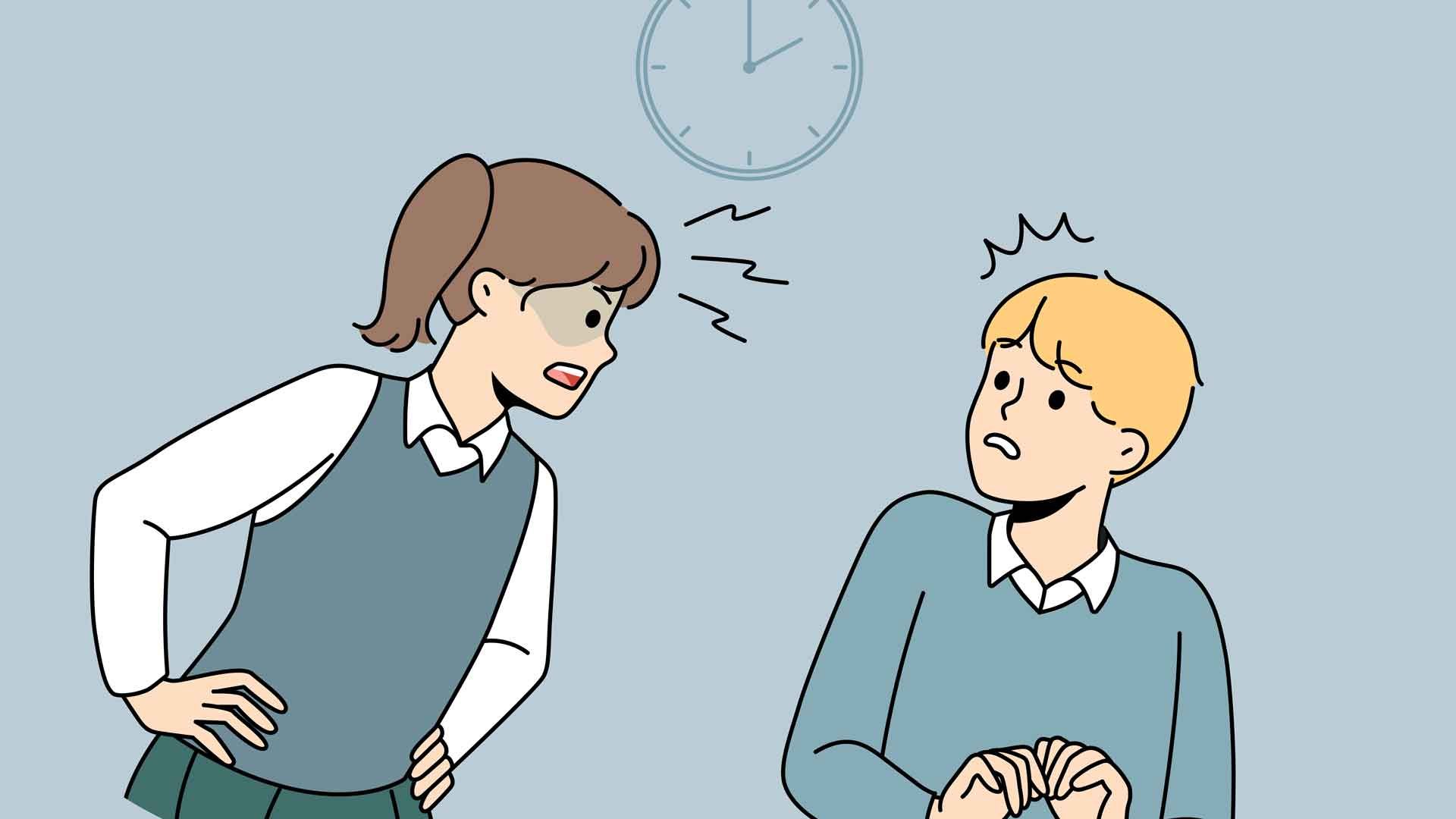If you've fallen out of love with teaching what should you do?

Falling out of love with teaching isn’t uncommon. Recent research shows that 40,000 teachers resigned in 2021-2022 - almost 9% of the workforce. What was once a career for life seems to be something that’s now become untenable for many.
I’ve been where you are - wondering whether teaching is still the career for you. Back in 2014, I had well and truly fallen out of love with it. Well, let me be clear. I’d not fallen out of love with teaching, per se; I’d fallen out of love with what teaching had become.
Educating children? Well, I still loved that. But the incredible amount of stress and pressure, not to mention the endless hours of planning, marking, assessing, etc., not so much. For me, teaching had become something that no longer resembled the job I’d come into in 2004. It now mushed together myriad roles: social worker, family support worker, mental health coach, educator, and mentor. The list goes on.
A decade later, with the added responsibility of school leader, I crashed and burned. Hard. I had to ask myself, “What the heck do I do now?”
I’m going to be honest with you, dear reader. I jumped ship. Bailed. Ran for pastures new. But is that the only answer for you? If you no longer love your teaching job, it seems to make sense, right?
Well, not always.
Is leaving teaching your only option?
Falling out of love with your job isn’t unique to teaching. We all go through peaks and troughs with how we feel about our jobs. There are times when they bring us joy and times when we search Google for something new, asking ourselves whether this is even a job we want to do for the rest of our lives - our stress levels are at their peak.
Small amounts of stress in our lives are actually good for us. Our bodies are designed to deal with these surges when they happen. But whereas it was once preserved for a sabre tooth tiger attack, i.e. something that happened occasionally, research now shows that many of us are now living in a constant state of ‘fight or flight’, which can have detrimental effects on not only our mental health but our physical health, too.
Constant stress and unhappiness will no doubt be why you feel as though you’ve fallen out of love with the job. Perhaps you’re not getting the same level of satisfaction you once did. Or maybe the highs are so few and far between that you wake up most mornings and dread going in.
If this is your experience, you can leave. Of course you can. But rather than assuming this is your one and only option, let’s investigate what else you can do before you dip your nib and write that resignation letter.
Should you step away from teaching?
Before making a big decision linked to career change, here are some things you can do to help you determine if it’s the right step for you.
- Is it the job, or is it…you? Eek, I know your pitchfork may be aloft, but perhaps it’s time to look at your own work habits and organisational skills. Do you know that you need to put better boundaries in place so you can prioritise things effectively? Are you, like me, a recovering people-pleaser? As teachers, we often try to take on a lot because we care. But are you caring enough about yourself? Do you need to learn to say ‘no’ to things? Making small changes over time could help you enjoy the job again - it’s always the place to start.
- Still no luck? Well, now’s the time to write down the things you still love about your job - you might feel like there’s nothing, but there will be something, I promise. Also, make a list of things that really p**s you off - there’ll be plenty of those! Finally, what’s important for you personally about your job? What would be the ideal, and what are you willing to compromise on? You can then use this list to help with the following few suggestions.
- Talk to your leadership team - if you’re struggling, the first port of call is SLT. You may feel as though they won’t want to hear about your struggles, but if they’re the kind of leaders we hope they are, they’ll want to know. Don’t keep ploughing on in silence. Go to your meeting with a solution-focused mindset - be honest about how you’re feeling - now you’ve got your list of things, you’ll feel in greater control of your side of the conversation and can ask for some of what you know would help.
- Try a different school - it may not be a case that you’ve fallen out with teaching completely; it could just be that the school you’re currently at isn’t right for you anymore. If you’ve been there a while (or even if you haven’t), it’s worth checking out other options - keep that list you created close by so that when you visit other schools, you have these things top of mind. Sometimes, a change really is as good as a rest.
- Try a different role - maybe you’ve been a Year 2 teacher for ten years, and there’s no joy in the job anymore. It’s predictable and boring - hello, Florence Nightingale and The Great Fire of London, it’s you again! Why not look at teaching in a different Key Stage or consider whether you’d like to work in a special school? My husband was a mainstream teacher for fifteen years before he worked at the local PRU - now he loves it so much he’d never go back! If a school really isn’t on your list, what about a museum or stately home/palace? Or being a specialist teacher for your local authority? You’re still teaching, just in a different way.
- Try a different workload - this isn’t an option for all, but could you reduce your hours? I went part-time and made up the shortfall through tutoring. It helped me enjoy the job while I was at school, but it also meant that I didn’t have the full responsibility of a class, so my workload improved. When I eventually left, I had a tutoring business already up and running to help keep the lights on.
- Talk to people - seek advice from people who’ve actually left! It might seem cliché to say, ‘the grass isn’t always greener on the other side,’ but it’s true. Often, we assume we’ll stride from one thing straight into the next, but career change is fraught with learning curves and challenges, too. It took me five years to fully get my business up and running. Listen to podcasts or join Facebook groups to ask questions. Know your options so you feel in control of the decisions you make.
Before I go, I just want to remind you that there’s always a solution to the problem of falling out of love with teaching. You don’t have to remain stuck and stressed. It might feel impossible right now, but taking a few steps in the right direction will put the wind in your sails and help you make the right decision for you.
Good luck!
________________________________________________________________
Steph Caswell started out life as a primary school teacher, reaching the dizzy heights of deputy headship before turning her hand to writing. She’s the author of six books, and when not writing witty, opinionated content for Laughology, she supports other aspiring authors to write theirs.














